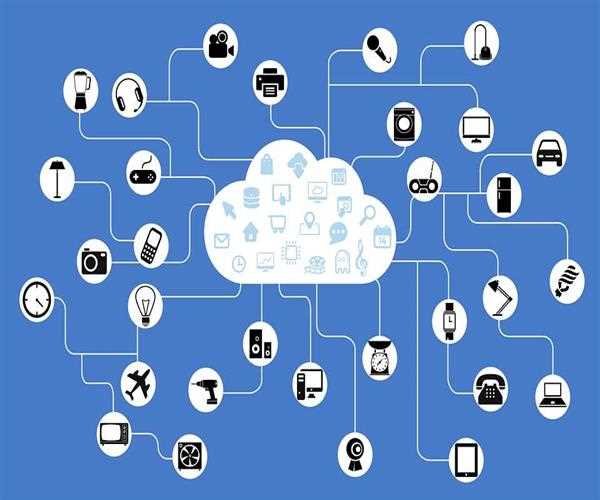The Internet of Things (IoT) is a decision support system. Perhaps the greatest and most unmapped challenge of IoT is its long-term effect on manufacturing work and employee engagement. The role of operators will change as machine operation becomes more automated. Management will need a greater ability to read and comprehend complex presentations of information. Data analysts will be challenged to offer clear, accurate, and easily understood reports. Worker knowledge increasingly will become crucial to infer results, recognise necessary responses, and define which information is relevant.
Data collection and analysis technologies are evolving at an amazing pace. Your operational, maintenance, and logistical decisions will become more dependent on collected current data, large volumes of historical data, reliable networks, and a variety of monitoring devices.
IoT offers us an unparalleled opportunity to take benefit of the numerous sources of information available to us. With the appropriate monitors, you can predict equipment failure, develop better maintenance and reliability plans, recognise operational issues, schedule and monitor deliveries, and identify the root causes of quality failures. These are just a sample of the most noticeable opportunities. Your abilities are limited only by your available equipment, your understanding, and your imagination.
ATI Industrial Automation - Robotic End-Effectors and Automation Tooling
IoT networks can comprise many points that can weaken data accuracy. Defective monitors, network interference, and poorly regulated equipment can all add to the loss of your data’s integrity. This, of course, can result in poor or less-than-optimal decisions.
Your most dependable control against poor data is yourself. Information technology will remain to become more woven into your operations. Your technology, though, will only be as good as your ability to manage and control its collection and analysis of data. The greatest impact one can expect from IoT is that work will be demarcated differently.
Knowledge and flexibility are your best tools to cater to the demands of a redefined workplace. Your employees will need both wide and deep knowledge of their fields to be able to understand, evaluate, interpret, and respond to new information. Among the things your enterprise must understand are:
Material tensile properties
Forming limit curves
Hardness
Directionality of properties
Friction and lubrication
Heat
Press technologies
Reliability
Failure modes and effects analysis
Logistics
You may have amazing data analysts. These are the people who can recognise trends, correlations, and irregularities. Employees who comprehend sheet metal forming and materials are the controls over the scrutiny. Those well-informed in manufacturing are the employees who must decide if analysis is significant, important, and worthy of follow-up. Your manufacturing and behavioural understanding also should recognise analysis that looks wrong. You are going to find sensors that need more recurrent maintenance. You also will require to develop a calibration maintenance plan that safeguards the correctness of collected measures.
One thing to consider in applying a reliable data analysis program is the Department of Defense’s Observe-Orient-Decide-Act (OODA) procedure. It offers a framework for gathering observations, positioning them towards your organizational objectives and primacies, making important decisions, and implementing your decisions. The idea itself is rather ancient, fundamental, and intuitive.
When we try to execute it, though, we often find ourselves caught in paralysis over making the right decision. The skills and tools vital to implement OODA include:
Devices and procedures to gather information about events and situations.
Mathematical and software skills to analyse information.
Knowledge of material properties, forming technologies, forming processes, and reliability to assess the relevant context of analyzed information.
Confidence to implement decisions quickly.
New information technologies offer tremendous opportunities to explore and learn more about your operations. Still, the foundation of any successful operation lies in knowledgeable and dedicated professional. If you wish to make a successful career in the field of IoT, then IoT analyst course from a reputed institution can help acquire necessary skills and knowledge. Top institutions have the right resources and faculty to facilitate students’ learning.




Leave Comment